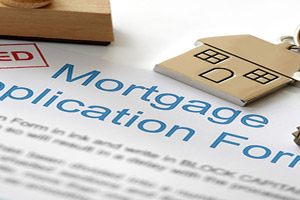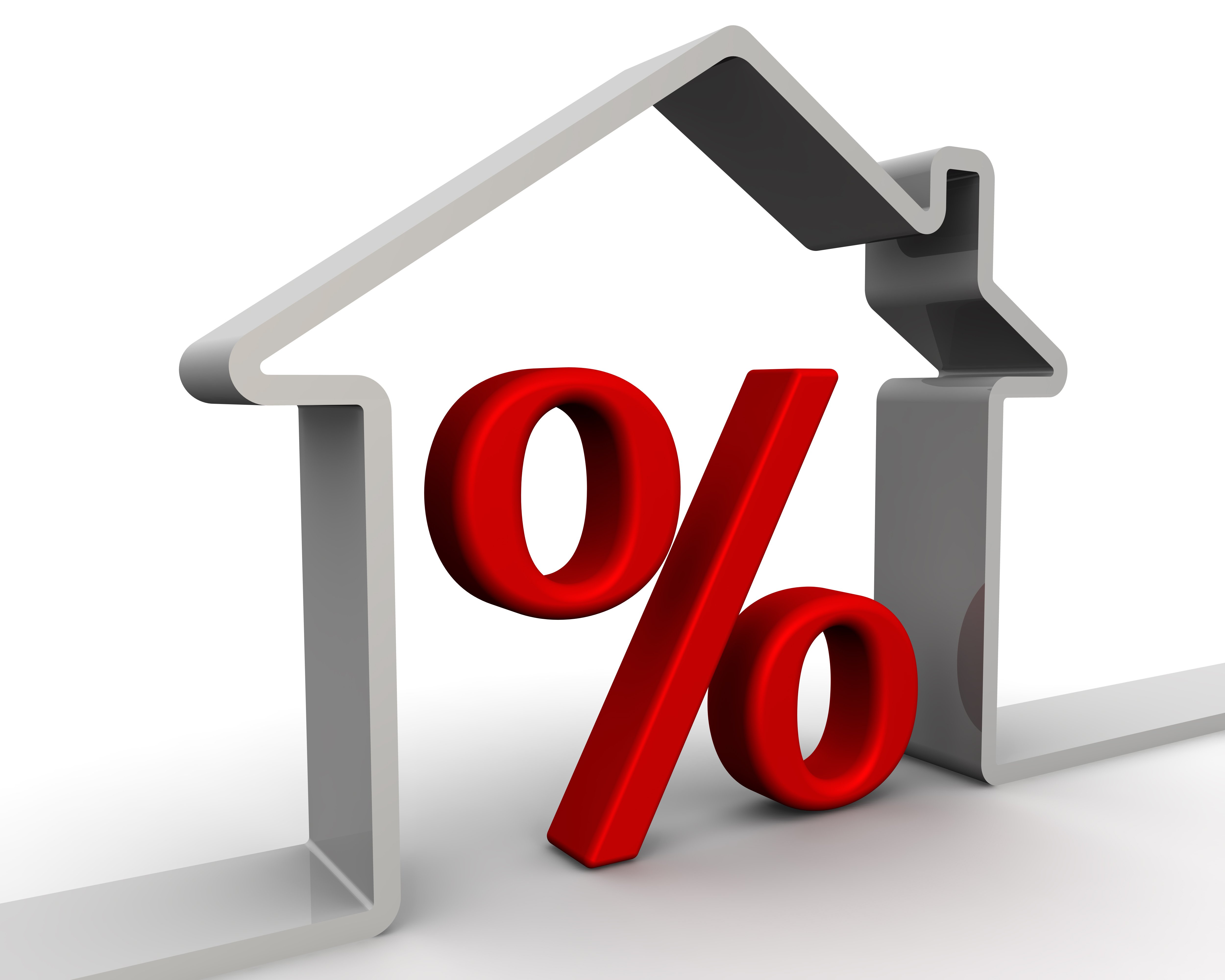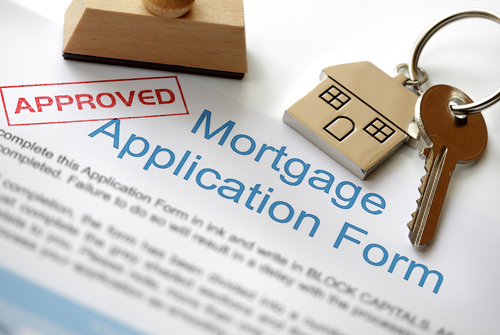Average Credit Score for Home Buyer Mortgage Loans: 2017 Update
According to Ellie Mae’s %22Origination Insight Report,%22 that was the average credit score among home buyers that went the mortgage loan route in April of 2017. Any credit score of 700 or above is typically considered a %22very good%22 score, characteristic of someone deemed to be a good consumer. When it comes to credit scores, higher is always better, and higher scores typically qualify consumers for lower home loan interest rates. This can represent a significant long-term savings on either a 15- or 30-year mortgage.
According to Ellie Mae’s “Origination Insight Report,” that was the average credit score among home buyers that went the mortgage loan route in April of 2017. Any credit score of 700 or above is typically considered a “very good” score, characteristic of someone deemed to be a good consumer. When it comes to credit scores, higher is always better, and higher scores typically qualify consumers for lower home loan interest rates. This can represent a significant long-term savings on either a 15- or 30-year mortgage.
Average Credit Score for Home Buyer Mortgage Loans” src=”https://keycreditrepair.com/wp-content/uploads/2017/07/trident-mortgage-group-mortgage-loan-approval-with-keys-960×350.jpg” alt=”Average Credit Score for Home Buyer Mortgage Loans”
Home Buyer Credit Scores Explained
While the 722 credit score is the average of all home buyers that sought a mortgage loan in the month of April 2017, the Ellie Mae report’s data analysis extends beyond just this. For instance, it includes credit score data based on the types of mortgages that were sought in the particular month. The average score for those who bought with a conventional mortgage was 753, for those who bought with an FHA loan, 684, and for those that purchased with a VA loan, 708.
While the 722 credit score is the average of all home buyers that sought a mortgage loan in the month of April 2017, the Ellie Mae report’s data analysis extends beyond just this. For instance, it includes credit score data based on the types of mortgages that were sought in the particular month. The average score for those who bought with a conventional mortgage was 753, for those who bought with an FHA loan, 684, and for those that purchased with a VA loan, 708.
Buying a Home with Good or Poor Credit
While the 722 number was the average credit score for purchasing a home in April 2017, that’s not to say that those with lower credit scores that fall into the %22good,%22 %22fair%22 or %22poor%22 range would be unable to qualify for such a loan. However, if they are approved, their credit score will likely reflect the interest rate that would accompany their home loan. Generally speaking, the higher the credit score, the lower the interest rate. Over time, the savings can add up. In fact, consumers with good credit and low interest rates may save tens of thousands of dollars over the course of a home loan tenure compared to consumers with fair credit and high interest rates.
While the 722 number was the average credit score for purchasing a home in April 2017, that’s not to say that those with lower credit scores that fall into the “good,” “fair” or “poor” range would be unable to qualify for such a loan. However, if they are approved, their credit score will likely reflect the interest rate that would accompany their home loan. Generally speaking, the higher the credit score, the lower the interest rate. Over time, the savings can add up. In fact, consumers with good credit and low interest rates may save tens of thousands of dollars over the course of a home loan tenure compared to consumers with fair credit and high interest rates.
So if you’re among the consumer base with a credit score that may be on the bubble of getting approved for a home loan or just want to boost your score to earn a better interest rate on a home loan, you might be wondering what you can do. Here’s a look at some credit repair tactics to think about:
So if you’re among the consumer base with a credit score that may be on the bubble of getting approved for a home loan or just want to boost your score to earn a better interest rate on a home loan, you might be wondering what you can do. Here’s a look at some credit repair tactics to think about:
Pay all bills on time. Late payments can cause your credit score to take a hit, especially if you’re regularly doing it. Set reminders and alerts, or arrange for auto bill pay if you can. Pay down debts: Try to always keep your debt-to-credit ratio, or credit utilization, at about 30 percent for a better score. For instance, if you have a credit card limit of $10,000, try to carry a balance of no more than $3,000 at once. Reduce your debt by paying off high-interest loans and credit cards first. Check your credit report for errors.
- Pay all bills on time. Late payments can cause your credit score to take a hit, especially if you’re regularly doing it. Set reminders and alerts, or arrange for auto bill pay if you can.
- Pay down debts: Try to always keep your debt-to-credit ratio, or credit utilization, at about 30 percent for a better score. For instance, if you have a credit card limit of $10,000, try to carry a balance of no more than $3,000 at once.
- Reduce your debt by paying off high-interest loans and credit cards first.
- Check your credit report for errors.









